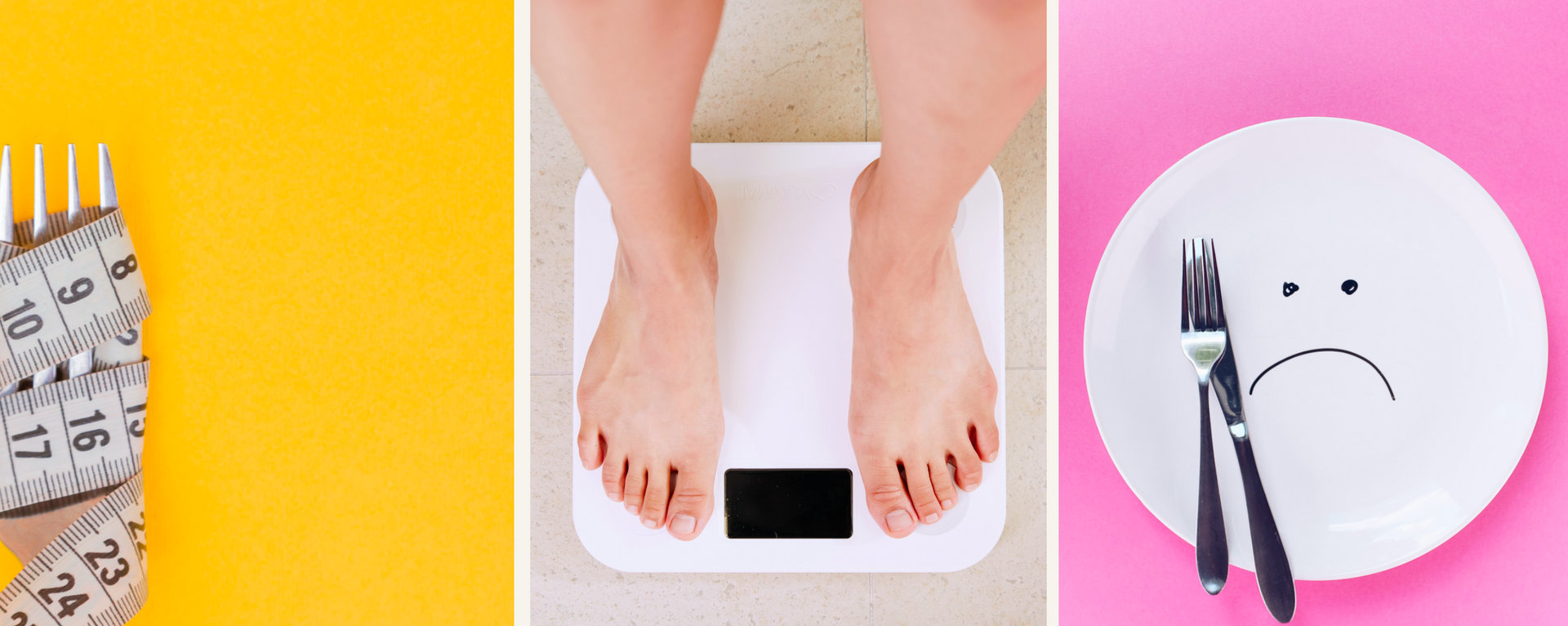by Megan Oliver
•
31 October 2025
Perimenopause can feel like a hormonal rollercoaster. If you’re starting to notice changes in your mood, energy, or periods, you’re definitely not alone. One of the most common issues I see during this time is something called oestrogen dominance. You might not have heard of it before, but it’s a really important piece of the puzzle when it comes to understanding what’s happening with your body. So let’s look at what oestrogen dominance actually is, why it often shows up in perimenopause, and what you can do to feel more balanced and in control again. What Exactly Is Oestrogen Dominance? Oestrogen is one of our main female hormones – it keeps our bones strong, supports our heart, gives us healthy skin, and even affects our mood and energy levels. Normally, it works hand-in-hand with another key hormone - progesterone. During perimenopause, both hormones start to decline but oestrogen doesn’t do this in a linear fashion. It can be very erratic. Oestrogen dominance happens when there’s more oestrogen around compared to progesterone – even if your oestrogen levels aren’t actually “high”. Signs You Might Have Oestrogen Dominance Every woman’s experience is different, but here are some common clues that oestrogen might be high compared to progesterone: ● Heavier, longer, or more irregular periods ● Tender or swollen breasts ● Bloating and water retention ● Mood swings or anxiety ● Weight gain, especially around your hips and thighs ● Fatigue or feeling “wiped out” ● Headaches or migraines ● Low sex drive ● Trouble sleeping Sound familiar? If you’ve ticked off a few of these, it could be a sign that your hormones are out of sync. Why It Happens During Perimenopause In perimenopause, your hormone levels start to fluctuate rather than decline in a straight line. Some months you might ovulate, others you might not. When you don’t ovulate, your body doesn’t make as much progesterone – which means oestrogen can easily become dominant. A few other factors can make things worse: ● Stress: High stress raises cortisol, which can suppress progesterone. ● Diet and lifestyle: Too much sugar, alcohol, or processed food can slow your liver’s ability to clear out excess hormones. ● Environmental exposure: Chemicals in plastics, cosmetics, and cleaning products (called xenoestrogens) can mimic oestrogen in the body. ● Body fat: Fat cells produce oestrogen, so carrying extra weight can tip the balance further. Basically, it’s the perfect storm – fluctuating hormones, modern life stress, and environmental overload. How to Support Hormone Balance Naturally The good news? You have a lot of power to support your hormones through the way you eat, move, and live. Small changes can make a big difference. 1. Eat plenty of fibre Fibre helps your body clear out old oestrogen. Load up on whole grains, beans, lentils, fruit, and veg – aiming for around 30g per day. 2. Add cruciferous veg Broccoli, cauliflower, kale, Brussels sprouts, and cabbage contain compounds (sulforaphane) that help your liver process oestrogen more efficiently. My particular favourite is broccoli sprouts as a powerhouse of sulforaphane! 3. Choose healthy fats Include omega-3 fats from salmon, mackerel, flaxseeds, chia seeds, and walnuts. These support hormone production and keep inflammation down. 4. Balance your blood sugar Include protein with every meal (think eggs, chicken, tofu, lentils) to keep your energy and mood steady. 5. Go easy on alcohol and sugar They can add pressure to your liver – and that’s the organ that processes your hormones. 6. Stay hydrated It sounds simple, but water helps your body flush out excess hormones and keeps digestion moving smoothly. Lifestyle Shifts That Make a Difference Nutrition is key, but your lifestyle plays a huge role too. Here are a few small but powerful tweaks: ● Reduce stress: Even 5 minutes of deep breathing, stretching, or quiet time can calm cortisol and support progesterone. ● Move your body: Walking, yoga, and strength training all support hormone balance and liver health. ● Sleep well: Your hormones reset while you sleep, so aim for 7–8 hours a night. ● Watch your products: Switch to natural skincare, avoid heating food in plastic, and use glass or stainless-steel containers. When to Get a Bit More Support If you’re struggling with persistent symptoms, or you’re unsure whether oestrogen dominance might be affecting you, it’s worth chatting to a qualified practitioner. They can help with testing, tailor your nutrition plan, and guide you through the right supplements or lifestyle changes for your body. Perimenopause can be a confusing time, but it’s also an opportunity to tune into your body and give it the support it’s asking for. With a few mindful changes, you really can bring your hormones back into harmony – and feel more like yourself again. In short: Oestrogen dominance is common in perimenopause, but it doesn’t have to control your life. By focusing on nourishing foods, managing stress, and reducing your exposure to hormone disruptors, you can help your body find its balance again – naturally. Contact me for a free discovery call too see how I can help












